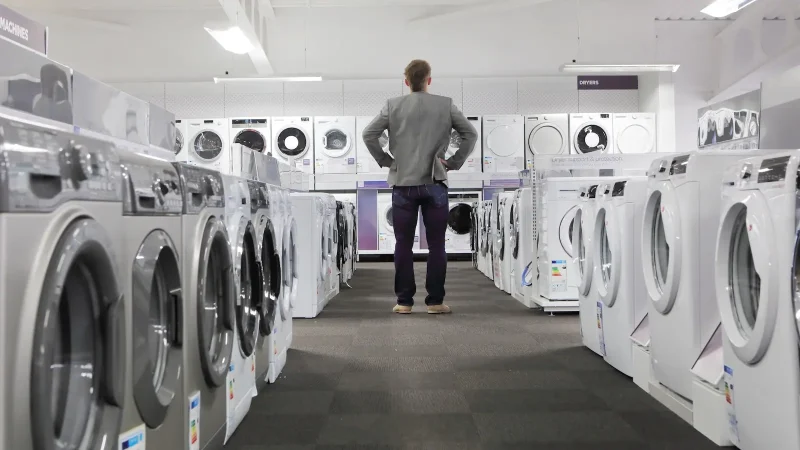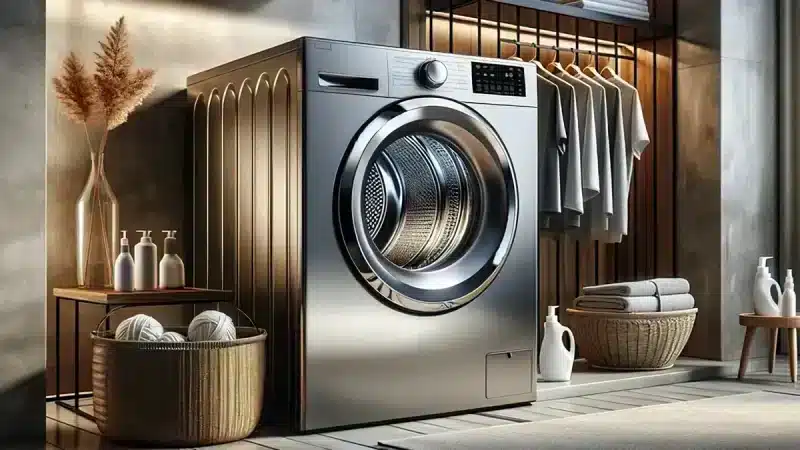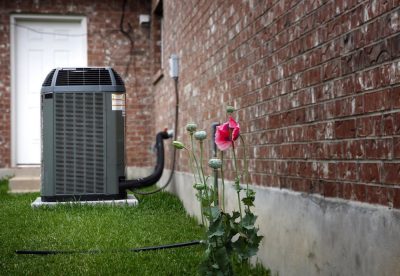
The incorporation of modern technology in highly efficient washing machines results in significant savings in time and maintenance. They are engineered to effectively clean clothes at lower temperatures, which helps in preserving fabric quality and color vibrancy over time. This means clothing lasts longer, reducing the frequency and cost of replacing worn-out garments. Furthermore, these machines often come with a range of customizable settings, allowing users to tailor wash cycles to specific fabric types and levels of soil, ensuring optimal cleaning performance.
With their advanced features, highly efficient washing machines also contribute to a quieter and more peaceful home environment. Their improved design often includes noise-reduction technologies, allowing them to operate at lower decibel levels. The combination of cost savings, environmental benefits, and user-friendly features makes these efficient appliances a smart choice for the modern consumer.
Economic Benefits
Highly efficient washing machines offer tangible economic advantages, predominantly through reductions in energy and water consumption that translate directly into cost savings for both households and businesses. These benefits extend beyond mere utility savings, impacting the overall financial well-being and sustainability of operations.
Reduced Energy Consumption
Highly efficient washing machines are designed to consume less electricity by utilizing advanced technologies. Commercial laundry equipment often incorporates features like variable frequency drives that adjust motor speed to the load, resulting in significant energy savings. Additionally, many of these machines are equipped with smart sensors that optimize wash cycles based on the weight and type of the laundry, further minimizing energy use.
- Variable Frequency Drives (VFD): By adjusting the motor speed based on the load, VFDs ensure that the machine uses only the necessary amount of energy, avoiding wastage.
- Smart Sensors: These sensors detect the load size and type of fabric, automatically adjusting the water level and cycle duration to ensure optimal performance while conserving energy. This smart technology not only improves efficiency but also enhances the longevity of the garments being washed.
Lower Water Usage
A paramount advantage of such machines is their reduced water usage. They use precise water levels and recycling capabilities, which can lessen water consumption by up to 50% compared to traditional machines. For commercial settings, this can mean saving thousands of gallons annually, greatly impacting utility bills and resource conservation. Innovations such as load-sensing technology ensure that only the necessary amount of water is used, reducing waste.
- Load-Sensing Technology: This feature ensures that the machine uses just the right amount of water for each load, significantly reducing water wastage.
- Water Recycling Capabilities: Advanced washing systems can reuse rinse water for subsequent wash cycles, further conserving water. This not only reduces the environmental footprint but also lowers operational costs for businesses.
Cost Savings Over Time
By investing in a high-efficiency washing machine, consumers and businesses can see a decrease in their utility bills due to lower energy and water demands. The initial cost of these machines may be higher, but the long-term savings make them a financially sound investment.
- Household Savings: On average, households save around $35 annually on utility bills. Over the lifespan of the machine, these savings can add up significantly. For example, over a 10-year period, a household could save approximately $350 on energy and water costs alone.
- Commercial Savings: For commercial entities, the financial benefits of highly efficient washing machines are even more pronounced. With numerous machines running daily, the cumulative savings over the machine’s lifetime can be substantial. Businesses utilizing commercial laundry equipment can achieve significant reductions in operational costs, thereby enhancing both profitability and sustainability. While the initial cost of a highly efficient washing machine is often higher than that of a standard model, the long-term advantages far outweigh the upfront expenditure. These machines typically pay for themselves through the substantial savings they generate in energy and water consumption, making them a financially sound investment for any commercial operation.
The financial benefits extend beyond just utility savings. Highly efficient washing machines also tend to have longer lifespans and require less maintenance, further reducing long-term costs.
Environmental Impact and Sustainability
High-efficiency washing machines play a vital role in minimizing environmental damage by significantly reducing energy and water consumption. These machines are essential for promoting sustainability in both household operations and activities that use commercial laundry equipment.
Decreased Environmental Footprint
High-efficiency washing machines can reduce energy and water usage by up to 50% compared to traditional models. This substantial reduction directly translates to lower greenhouse gas emissions and less demand on water resources, contributing to a healthier planet.
Resource Conservation
- Energy: Efficient machines require less electricity due to improved design and motors, which conserves fossil fuels and decreases power plant emissions.
- Water: Advanced washing systems use less water by optimizing wash cycles and reusing rinse water, aiding in the conservation of this vital resource.
Contribution to Sustainable Living
High-efficiency washing machines embody sustainable living principles by promoting resource conservation and reducing environmental impact.
- Eco-Friendly Wash Cycles: Many high-efficiency machines come with eco-friendly wash cycles designed to use less water and energy. These cycles typically operate at lower temperatures and longer durations, ensuring that clothes are cleaned effectively while minimizing resource use.
- Durable Design: These washing machines are built to last, reducing the frequency of replacements and thereby decreasing the waste associated with discarded appliances. The durability of high-efficiency models means that fewer raw materials are consumed over time, supporting a more sustainable manufacturing cycle.
- Reduced Carbon Footprint: By consuming less energy and water, high-efficiency washing machines help reduce the overall carbon footprint of households and businesses. The cumulative effect of these savings can be substantial, especially when considering the number of washing machines in use worldwide.
- Support for Renewable Energy: Some high-efficiency washing machines are designed to work seamlessly with renewable energy sources. For instance, they can be programmed to operate during peak solar or wind energy production times, further reducing reliance on non-renewable energy sources.
In conclusion, high-efficiency washing machines are an integral part of sustainable living strategies. Their ability to significantly reduce energy and water usage translates into lower greenhouse gas emissions, reduced strain on natural resources, and overall environmental conservation. By adopting these advanced appliances, households and businesses can contribute to a more sustainable future, ensuring that essential resources are preserved for generations to come.









